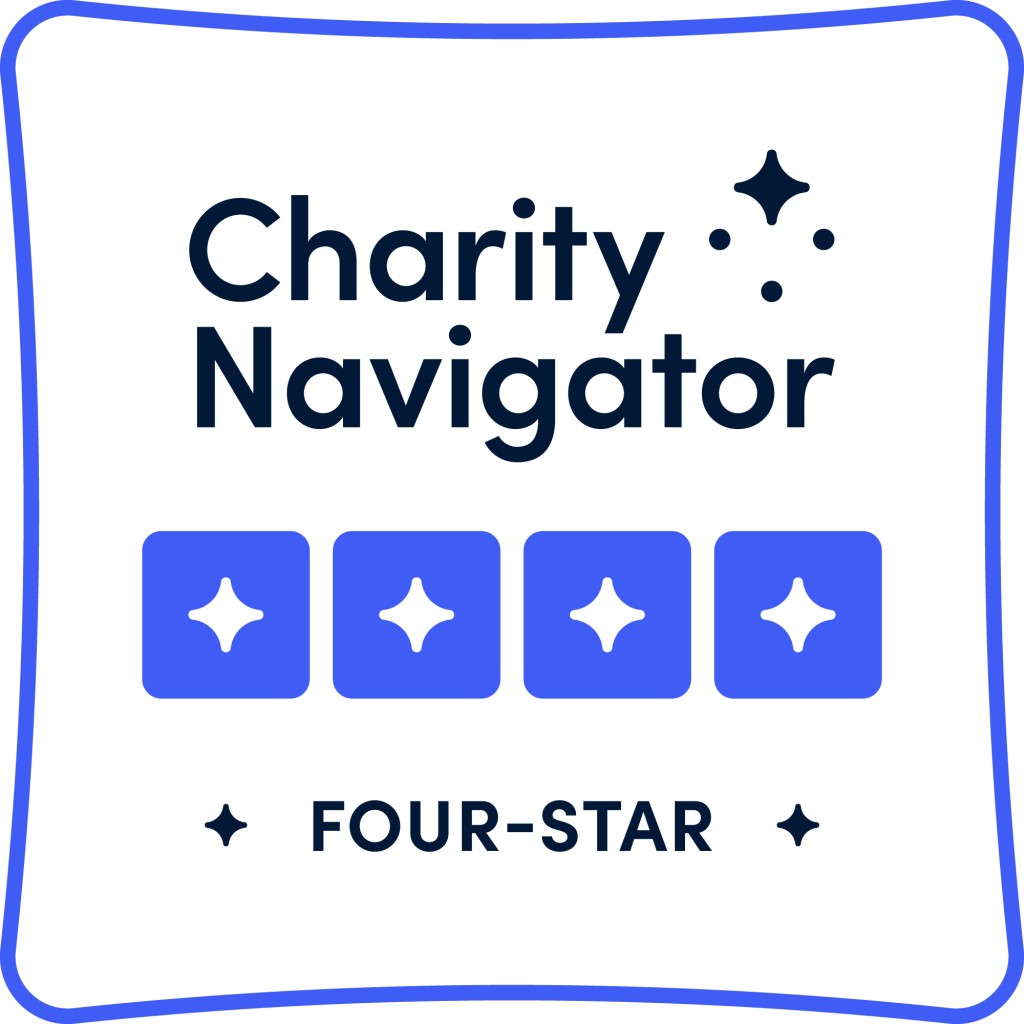Big news from the world of ovarian cancer care! In this episode of Teal Talk – An Ovarian Cancer Podcast, we spotlight a historic breakthrough: the FDA approval for recurrent low-grade serous ovarian cancer (LGSOC) treatment.
For the very first time, there’s a treatment specifically approved for patients with recurrent LGSOC that has a KRAS mutation, and it’s changing the game for this rare and often treatment-resistant form of ovarian cancer.
Featuring expert insights from Dr. Debra Richardson, MD, FACS, FACOG and Dr. Rachel Grisham, MD, this episode unpacks what the approval means, how the treatment works, and how you can take action to learn if it’s right for you or someone you love.
Love what you hear? Subscribe to Teal Talk – An Ovarian Cancer Podcast to hear more real stories, expert insights, and empowering conversations for survivors, caregivers, and advocates.
What makes LGSOC unique, and why this matters
Let’s start with the basics. Low-grade serous ovarian cancer (LGSOC) isn’t your typical ovarian cancer. It’s rare, only about 10% of serous ovarian cancers, and tends to affect younger women, often in their 40s. It also grows more slowly and responds differently to standard treatments like chemotherapy.
As Dr. Deborah Richardson explains,
“LGSOC doesn’t divide as rapidly as high-grade ovarian cancer, which means chemo just isn’t as effective. But with time, research, and next-generation sequencing, we’ve uncovered the genetic drivers, like KRAS mutations, that are opening doors to new therapies.”
This is why the FDA approval for recurrent low-grade serous ovarian cancer is such a big deal. It’s the first time a treatment has been designed specifically with this disease in mind. And it all starts with tumor testing.
If you’ve been diagnosed with ovarian cancer, make sure your doctor has tested your tumor for mutations like KRAS. It’s a key step in unlocking targeted treatment options.
What is a KRAS mutation?
A KRAS mutation is one of the most common genetic mutations found in low-grade serous ovarian cancer. It causes a “stuck-on” growth signal inside the cancer cells, telling them to keep dividing, even when they shouldn’t.

The first-ever targeted therapy for KRAS-Mutant LGSOC
Here’s where things get exciting. Dr. Rachel Grisham, the lead investigator behind the RAMP 201 study, shared details about the newly approved treatment, a combo of two oral pills: avutometinib plus defactinib.
“These drugs work by blocking the MAP kinase pathway, which is often activated in LGSOC,” says Dr. Grisham. “By turning off the signal that tells the cancer cells to grow, we’re seeing incredible results.”
How incredible? Try this:
- 44% confirmed response rate
- Over 31 months of tumor control
- Fewer side effects than traditional chemo
That’s major. And because the therapy is oral and taken intermittently (not every day!), it’s also more manageable for everyday life.
“This is a huge win for patients with a KRAS mutation,” says Dr. Grisham. “It’s a targeted therapy that’s finally hitting the mark.”
While the current approval is limited to those with a KRAS mutation, ongoing research is exploring its effectiveness in patients without the mutation. The RAMP 301 trial is already underway to answer that exact question.
What is the MAP kinase pathway?
The MAP kinase pathway is a chain of signals inside cells that controls growth. When it’s overactive, often due to a KRAS mutation, it can drive cancer development.

What this means for the future of LGSOC care
The FDA approval for recurrent low-grade serous ovarian cancer is about more than just a new drug—it represents a whole new mindset in how we treat rare cancers.
Until now, patients with LGSOC were often treated the same as those with high-grade ovarian cancer. But research has shown time and again that these are completely different diseases.
“It’s empowering to know we’re finally treating LGSOC for what it is—its own unique challenge that deserves its own unique solutions,” says Dr. Grisham.
And the momentum doesn’t stop here. There’s an exciting clinical trial underway—the Chameleon Study—that’s testing this same therapy in newly diagnosed patients, even before chemotherapy is given.
For patients, this means more options, more personalization, and more reason to stay hopeful.

Conclusion: A new era for LGSOC patients
The FDA approval for recurrent low-grade serous ovarian cancer treatment is more than just a milestone, it’s a message of hope. It confirms that targeted therapies can make a difference, even in rare cancers. It also reminds us of the critical role of tumor testing, patient advocacy, and clinical trial participation.
If you or a loved one has been diagnosed with LGSOC, this is a moment to take action. Ask your doctor about KRAS testing, discuss treatment options, and stay informed about ongoing research. The future of LGSOC treatment is being written today and you are part of it.
What you can do right now
- Learn about tumor and biomarker testing to see if you qualify for KRAS-targeted therapy.
- Listen to the full podcast episode on FDA approval for LGSOC
- Explore ovarian cancer clinical trials including the RAMP 301 and Chameleon studies
- Join our survivor and caregiver peer support groups
- Find a gynecologic oncologist near you




